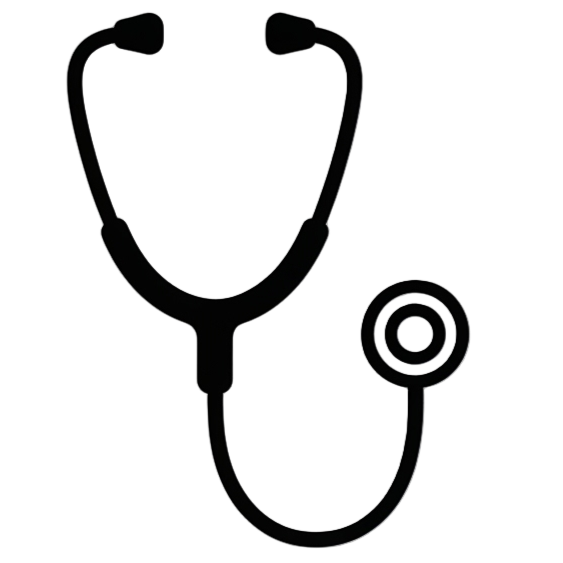Yes, like any medical treatment, Testosterone Replacement Therapy (TRT) has potential side effects. These can range from common and manageable to less common but more serious risks, which is why working closely with your provider is essential.
Commonly Reported Side Effects:
Skin issues like acne or oiliness
Fluid retention or swelling (edema)
Mood swings, irritability, or anxiety
Tenderness in the chest area (gynecomastia)
Localized irritation (for gels or patches)
Less Common but More Serious Risks That Require Monitoring:
Cardiovascular: TRT can increase your red blood cell count (erythrocytosis), which can raise the risk of blood clots. It may also affect cholesterol levels and is being studied for its long-term effects on heart health.
Prostate Health: TRT can worsen symptoms of an enlarged prostate (BPH) and could potentially stimulate the growth of existing prostate cancer. It is not recommended for individuals with active prostate cancer.
Fertility: TRT suppresses your body's natural sperm production, which will lead to infertility. This is often reversible after stopping treatment, but not always.
Sleep Apnea: It can cause or worsen existing sleep apnea.
Our treatment protocol is specifically designed to manage these risks. Through regular lab work and follow-up appointments, we proactively monitor your health, track key markers (like red blood cell count and PSA levels), and adjust your treatment to ensure it remains both safe and effective. It is crucial to have an open discussion about your personal health history and these potential risks with your provider before beginning therapy.




















